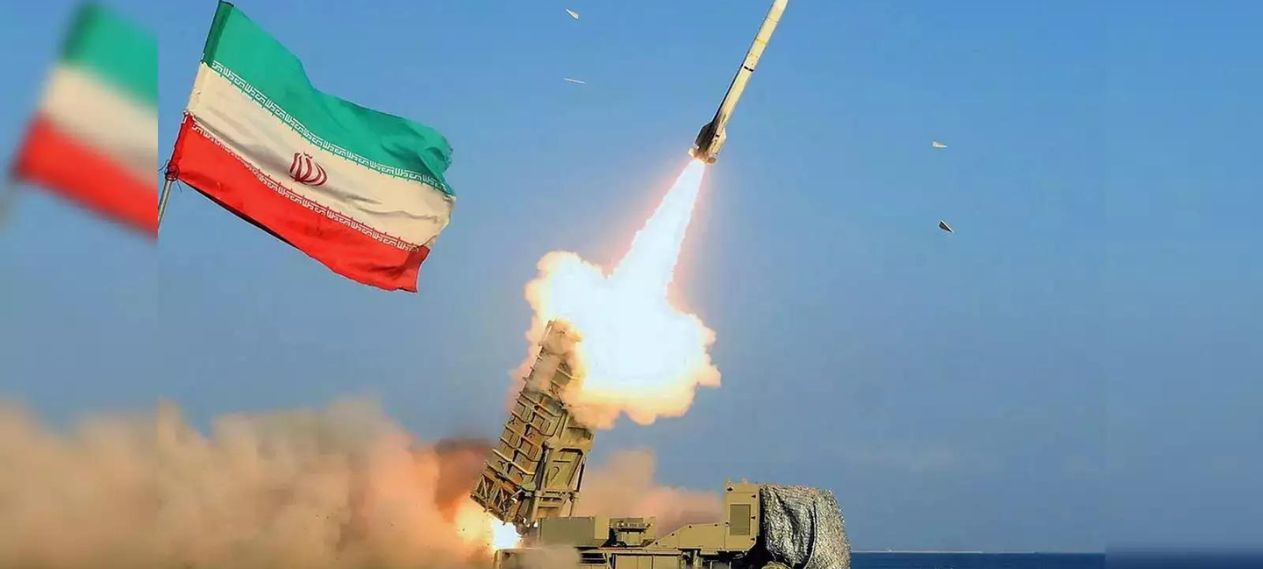Iran launched air attacks on Tuesday night within Pakistani borders, specifically targeting the armed group Jaish al-Adl in Balochistan. The strikes, resulting in casualties, come at a critical juncture, just weeks ahead of Pakistan’s national elections, heightening concerns of regional instability.
According to the Pakistani Ministry of Foreign Affairs, at least two children lost their lives, and three more were injured during the bombings near the border city of Panjgur. Islamabad strongly condemned the incident, labeling it a violation of Pakistani sovereignty, and warned Iran of potential “serious consequences.”
Foreign Minister @JalilJilani today received Iran's Special Representative for Afghanistan Affairs, Hassan Kazmi Qomi. FM underscored Pakistan’s commitment to a peaceful & stable Afghanistan and emphasized the need for enhanced coordination for regional stability. He also… pic.twitter.com/wyT6DcDEk7
— Spokesperson 🇵🇰 MoFA (@ForeignOfficePk) January 15, 2024
The attacks occurred amid increased diplomatic interactions between Pakistan and Iran, including meetings between high-ranking officials.
However, low-scale clashes at the border have been a recurring issue, with both nations accusing each other of sheltering armed groups.
Despite recent engagements and a joint working group for border management established in 2022, tensions persist. In December, Iranian media reported warnings to Pakistan following an attack by Jaish al-Adl that claimed the lives of 11 Iranian policemen.
Also Read: Why Sushant Mehta is Trending? Islamophobia in India
Analysts warn that the recent escalation by Iran, coupled with ongoing conflicts in the Middle East, poses a significant risk of pulling Pakistan into a broader regional conflict. The potential for a diplomatic and military response from Pakistan is being closely monitored, as it could have far-reaching implications on bilateral relations and regional alignments.
As Pakistan registers its protest by summoning Iran’s top diplomat in Islamabad, the situation remains fluid. Security analysts suggest that diplomatic channels may be pursued initially, but a military response is not ruled out if efforts to seek redress through dialogue prove unsuccessful.
The international community watches closely as this latest development adds another layer of complexity to an already volatile region, impacting political, security, and diplomatic dynamics. The consequences of this incident may reverberate well beyond the immediate border tensions, shaping the strategic landscape in South Asia.
Why Did Iran Launch an Air Attack on Pakistan?
This attack appears to be a retaliatory measure by Iran, stemming from a lethal assault on an Iranian police station in the southeastern province of Sistan-Balochistan just last month. Iranian Interior Minister Ahmad Vahidi attributed the attack to Jaish al-Adl, indicating that the militants orchestrated it from the Pakistani side near Panjgur. This incident likely served as a motivation for Iran’s recent military actions against the group.
What is Jaish al-Adl, the Target of Iran’s Strike?
Jaish al-Adl, also recognized as the “Army of Justice,” is a Sunni militant faction that surfaced in 2012, establishing a notable presence in Pakistan. While Iran has previously encountered this group along the border regions, the recent missile and drone assault on Pakistani territory signifies a more assertive approach in addressing the activities of Jaish al-Adl.
What will be Pakistan’s Response?
The foreign ministry of Pakistan registered a robust protest by summoning the Iranian charge d’affaires, stressing that such unilateral actions contradict the principles of good neighborly relations and have the potential to significantly erode mutual trust and confidence.
The ministry expressed heightened concern over the occurrence of this unlawful act, particularly noting the presence of numerous communication channels between Pakistan and Iran.
Despite these existing channels, the illegal incident unfolded, raising additional worries. Pakistan reiterated its dedication to combatting terrorism in the region and underscored its disquiet that the attack occurred despite established communication frameworks between the two nations.

